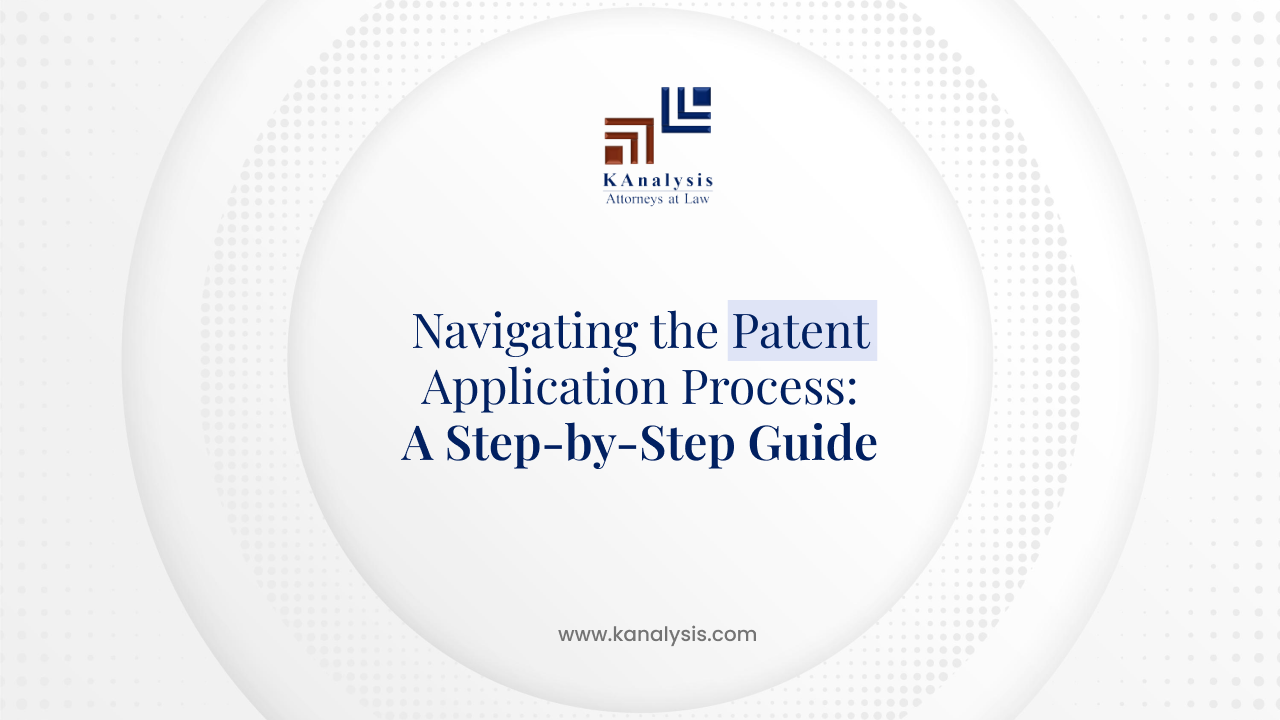Patents protect the interests of inventors whose technologies are truly groundbreaking and commercially successful, by ensuring that an inventor can control the commercial use of their invention. An individual or company that holds a patent has the right to prevent others from making, selling, retailing, or importing that technology. This creates opportunities for inventors to sell, trade or license their patented technologies with others who may want to use them. However, a failure to protect an invention with the filing of a patent application can have consequences in the future.
The following are some of the main consequences of not patenting your innovation:
1. COMPETITORS CAN TAKE ADVANTAGE OF THE INVENTION:
Generally, the businessmen have a goal to obtain a huge share of the market and competition for the largest percentage of the market can be fierce. If any person has no patent protection tyhen, such organizations or any other person may copy the technology of the invention and sells it at a lower price without any fear and obligations. Therefore, it is important to patent the invention before you start using it for commercial purpose.
Its, bad news for the owner and fantastic news for the competitors, who can easily take advantage of lack of preparation to snatch invention from the real owner. Even worse, if the competitor gets to the patent office first, then they might be able to turn around and accused the real owner of patent infringement.
2. NO POSSIBILITY FOR LICENSING OR SELLING TECHNOLOGY:
The main advantage of grant of patent is that the owner gains the ability to license or sell to another entity or person. It gives the official ownership of the innovation to the owner. A license can be charge to someone who intends to use the invention or technology. The patent right is the exclusive ability to protect off of the invention, including the right to license and selling of the invention.
But if one doesn’t hold an issued patent, then he doesn’t have legal ownership on the invention. Even if he has filed an application for the patent, licensing and commercializing the invention is difficult before he get an issued patent in hand. Therefore, it is necessary to have a patent issued on the invention to the owner or the inventor.
3. RISK OF INFRINGEMENT:
One of the main consequences is to prevent others from infringing one’s patent rights. Choosing to not patent the invention, may lead to a risk of someone else copying the invention. The entire point of a patent is to prevent someone else from infringing on the patent rights. But if one doesn’t have patent then he doesn’t have patent rights. As far as the law is concerned, that person has no right to prevent someone else from copying, using, making the invention.
Benefits of having a Patent for your Innovation:
1. Patents recognize and reward inventors for their commercially-successful inventions. As such they serve as an incentive for inventors to invent. With a patent, an inventor or small business knows there is a good chance that they will get a return on the time, effort and money they invested in developing a technology. In sum, it means they can earn a living from their work.
2. When a new technology comes onto the market, society as a whole stands to benefit – both directly, because it may enable us to do something that was previously not possible, and indirectly in terms of the economic opportunities (business development and employment) that can flow from it.
3. The revenues generated from commercially successful patent-protected technologies make it possible to finance further technological research and development (R&D), thereby improving the chances of even better technology becoming available in the future.
4. A patent effectively turns an inventor’s know-how into a commercially tradeable asset, opening up opportunities for business growth and job creation through licensing and joint ventures, for example.
5. Holding a patent also makes a small business more attractive to investors who play a key role in enabling the commercialization of a technology.
6. The technical information and business intelligence generated by the patenting process can spark new ideas and promote new inventions from which we can all benefit and which may, in turn, qualify for patent protection.
7. Patent information can be mapped, offering policy makers useful insights about where technology R&D is taking place and by whom. This information can be useful in shaping policy and regulatory environment that allows innovation to thrive.
8. A patent can help stop unscrupulous third parties from free riding on the efforts of the inventor.
Subscribe to our monthly newsletter here and read all our blogs here




